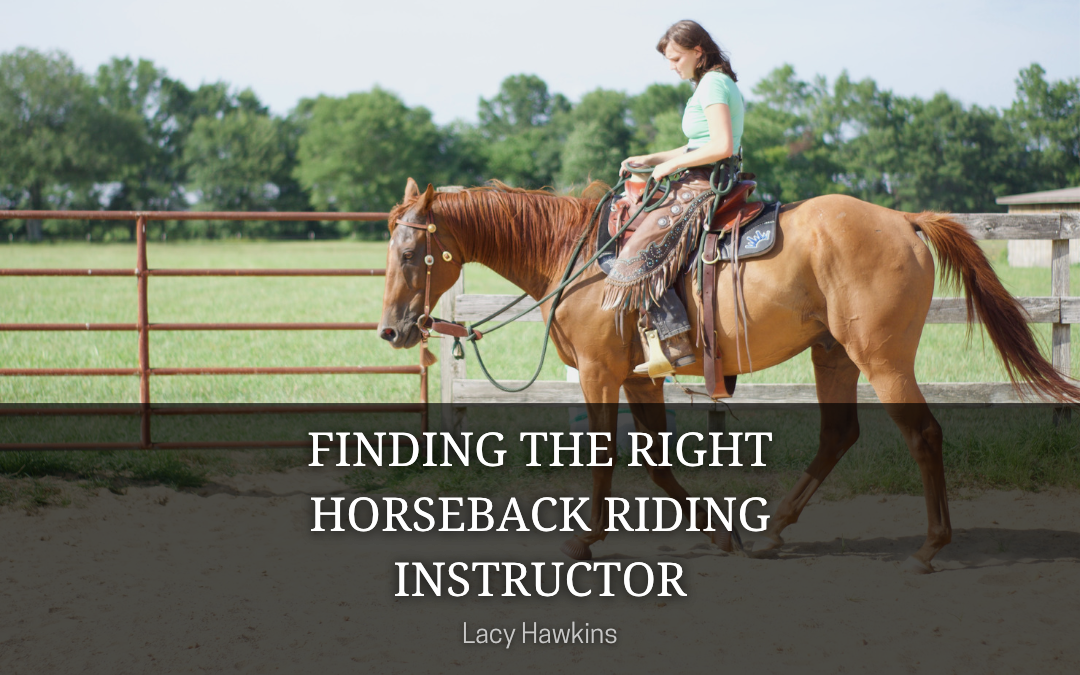Getting the right trainer is crucial to your progression as an equestrian or a rider. Unfortunately, it’s not always the right one for everyone. There are a variety of factors that go into choosing a trainer, such as experience, credentials, and costs. The right trainer should also help you develop a good relationship with them. This is because the way they work together will make a great student-instructor combination.
Location
Geography also plays a huge role in choosing the right trainer. If you live in an area with plenty of disciplines, barns, and trainers, you won’t need to look any further than five minutes away to find someone who can fit you in. However, if you live in a place where trainers are hard to come by, you need to find someone who can accommodate you regularly.
Experience
Some trainers don’t have the necessary experience to handle the top levels of competition. For instance, tennis coaches are not always Grand Slam winners. However, you should still consider the experience of the potential trainer when it comes to choosing them. If you’re planning on riding in Grand Prix, then you need a trainer who has experience in handling top-level horses. If you’re looking to bring on a young horse for a ride, you need a trainer with experience with this animal. If you’re just starting out, or if you want to learn more basic riding, then you don’t need a trainer with a college degree.
Budget
Unfortunately, getting the best deal when choosing a horseback riding instructor is not always possible. Unless you have a very fortunate situation, you might have to consider your budget when choosing a trainer. If you are a beginner who requires regular supervision, choosing a less expensive instructor might be the best choice. If you’re planning on taking on higher-level competition, then you need a more experienced instructor who can challenge you in their lessons. Also, if you own a horse, you might want to hire an instructor who can work on what you have learned in between lessons.
Recommendations
One factor you should consider when choosing a riding instructor is the availability of references. Having friends and family members who know the type of person you are looking for can help you find a good fit. You can also ask around in horse groups or community groups to get a feel for the reputation of the trainer.
Discipline
Some instructors offer multiple disciplines. This allows you to try something new or hone your skills without having to commit to a single discipline. Having one instructor for each discipline can help you keep track of what you want to learn and how you feel on the day of the ride.
If you’re planning on pursuing a particular discipline or want to compete at a higher level, then you need a trainer who can focus on one discipline. Although a jumping instructor might be able to assist you with some flatwork, they won’t be able to produce a PSG horse.
Your goals
Your goals are the most important factors you should consider when choosing a riding instructor. Whether you have a goal of riding safely with a friend at the Olympics or competing at a higher level, your objectives are the ones that will determine how much progress you can make as a rider. If you are planning on taking on a particular discipline or want to compete at a higher level, then you need a trainer who can focus on one discipline. On the other hand, if you plan on taking on a group lesson, you need a coach who is more likely to provide a fun and relaxing environment. Before you start working with a riding instructor, it’s important that you first have a clear understanding of what your goals are. Having a good idea of what you want to achieve can help you make an informed decision about hiring a coach.
Their teaching style
Your instructor’s style is also important to your learning. Although it’s not necessarily better than the other method, your responses to varying levels of praise and pressure will vary. Having the right instructor will make you feel comfortable and give you the necessary information to make informed decisions. Some people prefer a strict instructor who pushes them, while others prefer a more gentle one who will encourage them to step outside their comfort zone. These are both of these styles, but they’re not necessarily wrong. Getting the right instructor will allow you to develop the skills that you want to use.
The last step
After you have a list of trainers that you like, it’s time to try them out. Although you may think that you have the perfect match, it’s not always possible to know if that will translate into a good relationship once you get into the saddle. Besides their personalities, your communication style and how they communicate with each other are also important factors you should consider.
One of the best ways to make an informed decision is to have a couple of lessons with each of the trainers you’re considering. If you have a horse, try and ride it in the class. If not, get an idea of the type of horses you’ll be riding in lessons. Also, be open with the instructors about how many of them you’ve tried out before making a decision. You’ll be able to identify the one that will help you improve the most when you find it. Although it won’t be the person who will teach you everything new, the one who will provide you with the best foundation will most likely help you avoid making bad habits.
